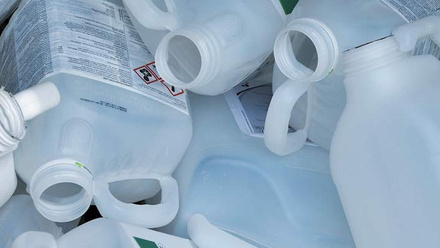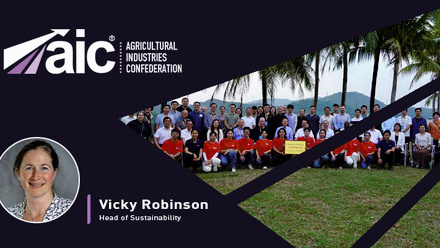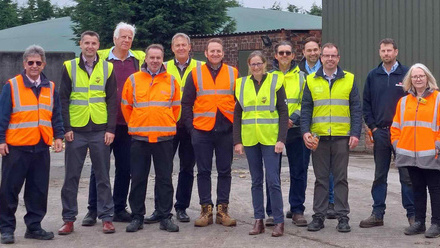"New and improved" Countryside Stewardship Higher Tier to open in 2025

The Department for Environment, Food and Rural Affairs (Defra) has confirmed this week that a "new and improved" Countryside Stewardship Higher Tier (CSHT) scheme will open in 2025.
The government department has published details including:
- Guidance on what farmers and land managers need to know to prepare to apply
- Details of 132 CSHT actions and 51 CSHT capital item
- Draft CSHT terms and conditions
View full information and guidance on GOV.UK.
Endorsed actions
Also announced were 14 draft SFI "endorsed actions" that will go live in the Sustainable Farming Incentive (SFI) Expanded Offer when the CSHT actions are made available in summer 2025.
The CSHT scheme will have some of the same features as the SFI scheme which it is designed to run alongside. These include:
- a new rolling application window giving farmers more flexibility on timing
- monthly agreement start dates rather than a single annual date
- quarterly payments to help with cashflow management
- a more straightforward online application process through the Rural Payments service
Controlled rollout
The CSHT will also open through a controlled roll-out in a similar way to that seen with Sustainable Farming Incentive (SFI) applications.
Regardless of whether farmers have existing agreements or are making a new application, this will be by invitation on a rolling monthly basis.
This will allow for Natural England and Forestry Commission to work with farmers and land managers in developing their applications and for Rural Payments Agency (RPA) to start the pre-application process with the first applications being readied for submission in summer 2025.
With the possibility of missing out on an early invite to apply and or to ensure continuity, farmers whose CSHT agri-environment agreements expire in 2024 will be offered mirror agreements lasting five or 10 years.
Those with HLS agreements expiring in 2024 will be offered two-year extensions, while those expiring in 2025 will be offered one or two-year extensions.
The RPA should already have been in touch with their existing customers on this matter.






